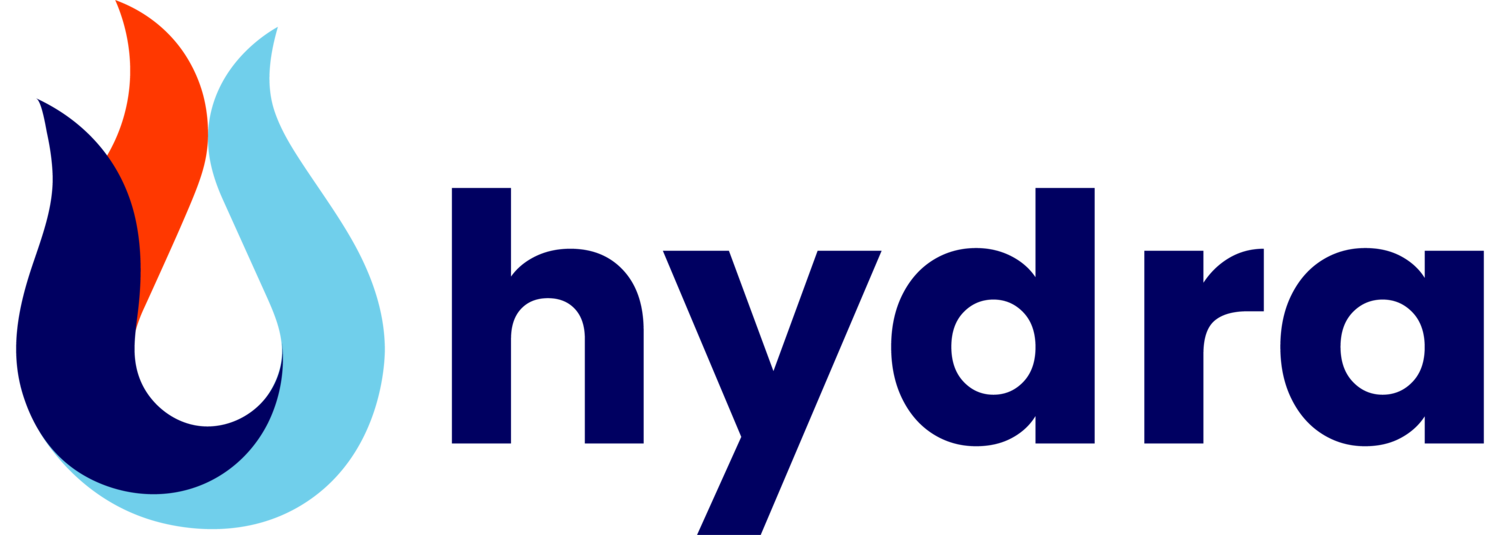Hydra Energy Real World Study of On-Road CO2 and NOx Emissions Published by SAE International
Lead Author Pooyan Kheirkhah to Present Findings at WCX SAE World Congress in Detroit
Hydra Energy has proven that reductions in CO2 emissions are directly related to displacing diesel with hydrogen through a study conducted in real world conditions. Hydra’s Powertrain R&D Engineer, Dr. Pooyan Kheirkhah, has been invited to present the corresponding paper at WCX SAE World Congress in Detroit this week. The study, which was completed in the 2020-2022 time period, validates the reduction of both CO2 and NOx emissions in Hydra’s hydrogen-diesel co-combustion retrofit kit for Class 8 vehicles.
After being reviewed by experts in the field chosen by the journal, the paper was accepted for publication by SAE International. Dr. Kheirkhah, lead author of the paper, originally joined Hydra as an intern in 2020 becoming a full-time employee after completing his PhD in Mechanical Engineering at UBC. In addition to mentoring students Hydra works with, Pooyan conducts research in lab and real-world settings helping advance the company’s co-combustion technology while meeting emissions reduction targets.
One of the key findings of the study was a reduction in CO2 which was closely related to the energy share of hydrogen. Transportation is the fastest growing source of emissions worldwide, and accounts for 20% of global CO2 emissions. To accelerate the decarbonisation goals there is real potential to begin to reduce emissions with low cost hydrogen-diesel co-combustion technology now.
In the transition to cleaner transportation the issue of oxides of nitrogen (NOx) has frequently been raised as it is a harmful pollutant. Historically diesel vehicles are known for high levels of NOx, which are created by high combustion temperatures and an excess of nitrogen rich air. As hydrogen burns at a higher temperature it was assumed there would be an increase in NOx, but this has been shown to not necessarily be the case with Hydra’s co-combustion solution.
Collaborators on the paper include Hydra’s Director of Innovation, Patrick Steiche, Hydra’s Director of Technology and Training, Tyson Whyte, University of British Columbia student Mang Guan, and UBC Professor Patrick Kirchen. Hydra wishes to acknowledge the contributions and technical support received from Dr. Steven Rogak, Dr. Gordon McTaggart-Cowan, and Dr. Ryozo Nagamune during the research. As well as the financial support of the Government of Canada through the NSERC Alliance Grant.
SAE’s Technical Papers are all peer-reviewed by leading experts to ensure high quality and dependable information. The paper, “On-Road CO2 and NOx Emissions for a Heavy-Duty Truck with Hydrogen-Diesel Co-Combustion” has been published by SAE International and is available to members or for purchase on their website. Anyone interested in attending the presentation in person can attend the Dual-Fueled Engines session PFL260 on Thursday, April 20th at 1:30 pm.
